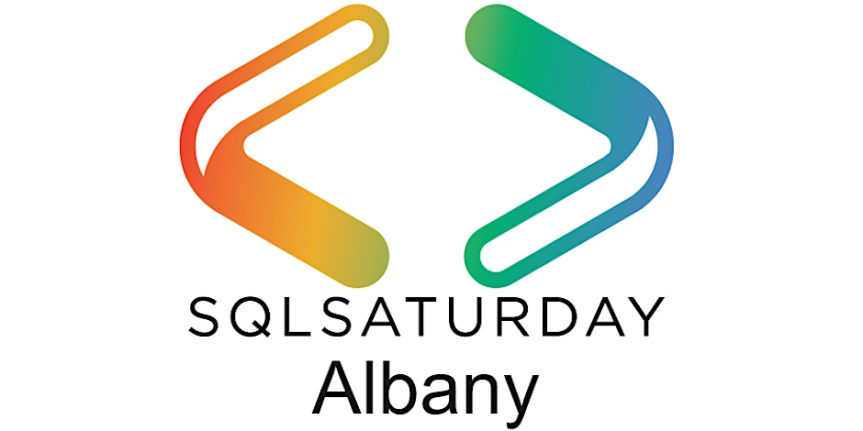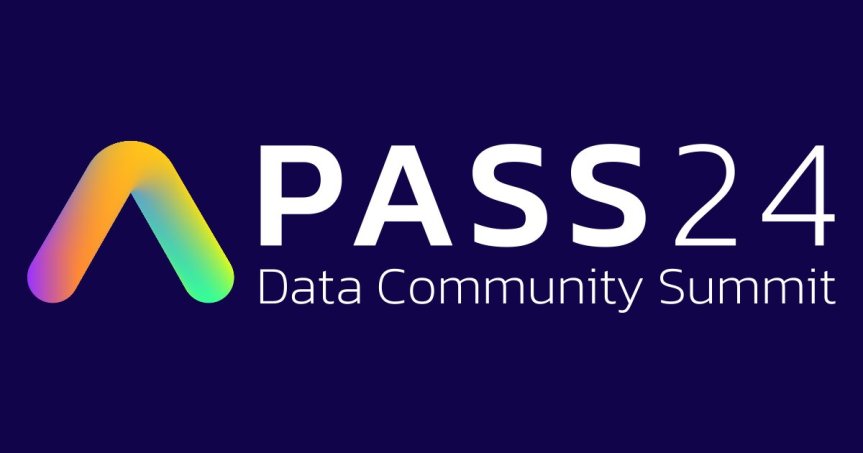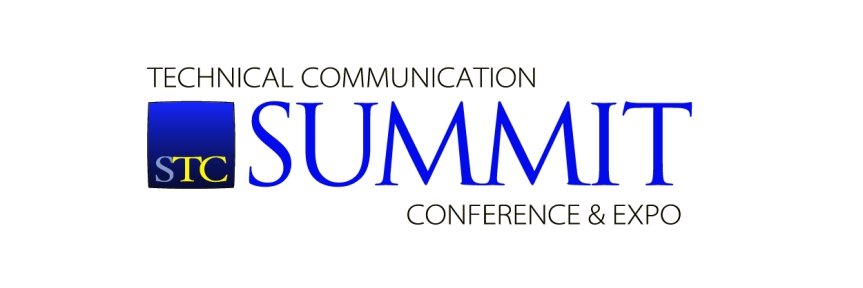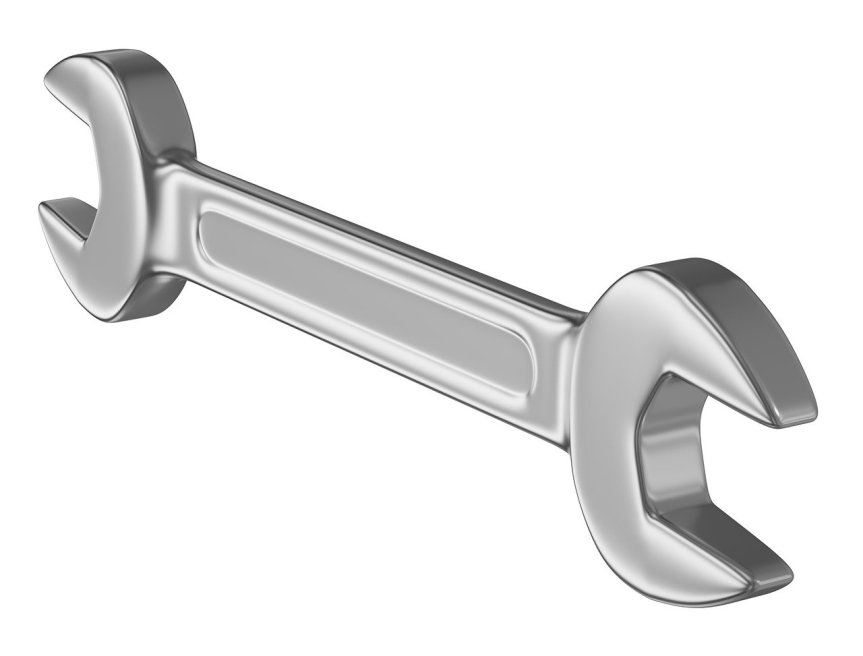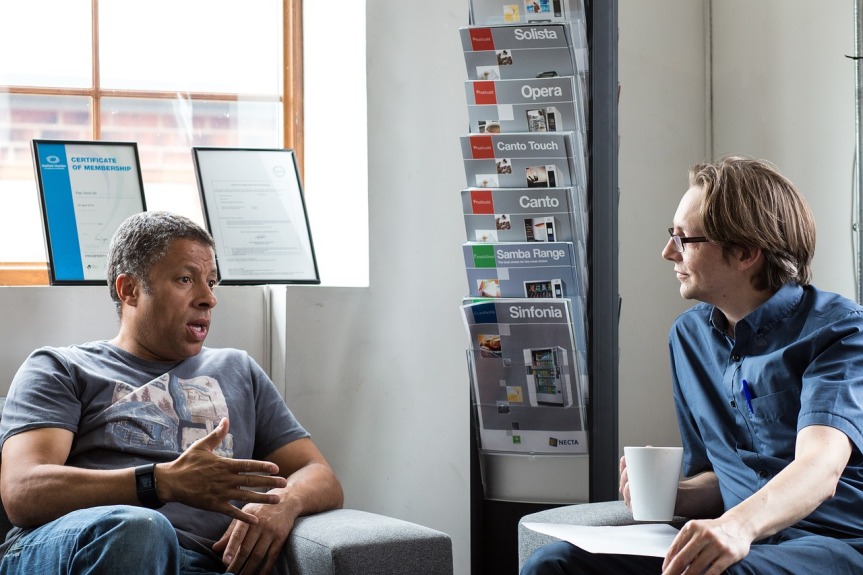This is aimed mainly toward young people who fall into any of the following categories: has graduated from college within the past five years and is actively job searching, has graduated from high school (maybe also within the last five years) and is looking to enter a trade, is still in school (high school, college, or trade) and are trying to figure out what to do with their lives, or any young people who might not fall into exactly these categories, but are trying to figure it out. (And even if you fall under “none of the above,” you might also get something out of this.)
First, I’ll start by saying that I don’t have all the answers, but maybe I can help you figure things out, or at least get you going in the right direction.
I felt compelled to write this article after talking with a young man yesterday (if you’re reading this, you know who you are). I practically watched this young man grow up; I’m friends with his father, and we used to attend hockey games together. Yesterday, I saw him for the first time in several years. Before yesterday, I last remembered him as a young ‘un attending hockey games with me and his father. Yesterday, I discovered that he has graduated from college (!!!) and would like to get a job in the gaming industry. He has been struggling — as many of us have — to get to where he wants to go. It compelled me to write this blog article which, I hope, will help not only him, but many other young people like him who are in the same or a similar position.
There’s a lot to talk about, in fact, way too much to put into a single blog article. (Advance warning: this could turn out to be a long read.) Every one of these tidbits are worth entire articles in and of themselves. Nevertheless, I’ll do the best I can to hit the high points.
Chances are, you’re going to struggle out of the gate
You’re not alone. Really, you’re not. Everyone wants to get that dream job in the career field that you want to pursue immediately after you walk across the stage and collect your sheepskin, but chances are, that is a fantasy. True, there are a number of people for whom that does actually happen, but for most of you, you’ll (metaphorically) likely end up looking through classified ads while living out of your parents’ basement and flipping burgers or driving Uber to make ends meet. I don’t have any statistics to back this up (and I’d be curious to know what they are, myself), but I’d imagine that the vast majority of you fall into the latter category, not the former.
Most of us struggle when we’re starting out for the first time. More often than not, we’ll only land entry level jobs that might not be what we’re looking to do. They’re called “entry level” for a reason.
Everyone has to start somewhere. Remember that every person that has experience or expertise was a beginner once upon a time. And like you, most of us struggled to get going.
Get advice from people who’ve been in your shoes
I can say this — because I’ve been in your shoes. And I’m writing this to give you some of that advice.
Even yesterday, I was talking to my friend — the young man’s father — who told me, “I’ve tried to give him advice, but he doesn’t listen to me.” A lot of kids roll their eyes or shut down when their parents try to give them advice (again, I know — I used to be one of those kids). That’s natural. But there are plenty of people out there — like me — who are willing to help you find your way — and that includes your parents.
In the case of this one particular friend, he has been through a lot job-wise himself. He has all the battle scars (as do I), and he has plenty of war stories to tell. As such, we have laundry lists of lessons learned that we’re willing to share with people, if they’ll listen.
You have questions. A lot of us who’ve been down the path that you’re traveling now — and believe me, that path is well-worn — can help you to avoid the pitfalls and landmines that show up on the path, and maybe even show you a few shortcuts that will help you to succeed.
Find people who have advice that you can respect (keep in mind that not everyone will have the same advice; you could ask ten different people the same question and get ten different answers). If you want, find yourself a mentor to get through the tough questions (more on that later).
Talk to people — and network
Networking is an entire topic in and of itself. Heck, I have an entire presentation that I do just on networking. (If you want to check it out, here is a video of the presentation that I gave for a virtual conference during the pandemic.)
The fact is, if you want to survive and thrive in today’s professional environment, networking is an absolute necessity.
I often cite an article from 2016 that mentions a large percentage of job hires happen as a result of networking. Granted, at the time that I’m writing this article, the article I cite is eight years old, so I don’t know how accurate the 85% still is, but regardless, the sentiment (and point) still stands: if you really want to land your dream job, you HAVE to talk to people.
Speaking of looking for a job…
Let’s talk a little about job hunting
Again, this is too big a topic to discuss in just a few paragraphs, or even in a single article, so I’ll just touch on a few things that I think are important.
First, if you’re serious about looking for a job, you have to do a lot more than just looking at job listings and filling out applications. Among other things, scroll back up and read what I just wrote about networking. Many job opportunities don’t even make it to job listings; they’ll often happen behind the scenes where someone who knows about it will start telling people, “hey, we have a position that just opened, so let me know if you want to be in on it.”
Yes, it’s often true that these positions are often required to be listed, but by the time they are listed, it’s often too late; the position is either already filled or they have someone in mind who’s way ahead in the job search process than you are.
As I said, job hunting is a big topic. I can’t cover everything if I tried. But read on for a few thoughts that should help you out.
It’s okay not to know everything
Nobody knows everything. Nobody. I don’t care who you are. Interviewers are going to ask you lots of questions, and you aren’t expected to know the answers to all of them. Interviewers know this. Sometimes, how you answer a question is more important than if you know the answer. My friend, Thomas Grohser, will often ask questions when he interviews candidates that intentionally does not have a correct answer. He is looking to see how the candidate answers.
When you’re in an interview, don’t try to BS your way through questions to which you don’t know the answer. ”I don’t know” is a perfectly acceptable answer. It won’t necessarily sink you. And also keep in mind that the ability to find the answer to a question is important too — and a good skill set to have.
If you don’t ask any questions at the interview, you just blew the interview
This is somethings that I cannot emphasize enough. Always, always, always, always, always, always, always, always, always, always, always, ALWAYS ask questions at an interview!!! Not knowing the answer to a question often won’t disqualify you from being a candidate for a position, but not asking ANY questions almost always will.
Every time I go to an interview, I always come prepared in advance with at least two questions, sometimes more, that I intend to ask. Sometimes, I’ll come up with more questions during the course of the interview itself.
Asking questions shows that you’re interested in the employer (even if you might not be). It shows that you’ve done your homework, which is a good thing. Not asking questions shows that you’re indifferent, or worse, don’t care. Nothing will disqualify you as a candidate faster than showing that you don’t care about an organization or a position.
It’s also important to ask the right questions. Avoid questions that make you look selfish — how much you want to get paid (it is okay to answer this if the interviewer asks you), what’s in it for you, etc. That said, you also want to make sure you ask about your concerns about the potential employer. Do ask questions about company culture, their challenges, their goals, what they want to accomplish, how you might fit in, and so on. If you have any concerns about the company, ask about them. Use your questions to learn more about the company that you can’t learn on their website. Remember: you’re interviewing the organization just as much as they’re interviewing you.
Get on LinkedIn
In my honest opinion, if you want to be serious about networking and job hunting, then you absolutely must get on LinkedIn.
Why? Because professionals take it seriously. If you look at most job applications, a lot of them have space to fill in your LinkedIn address. A lot of them will even fill in their employment applications from the data on your LinkedIn profile. This tells me that many potential employers look at LinkedIn as a serious resource.
I’ll often describe this hypothetical situation to people. Let’s say a hiring manager is looking at resumes for two equally-qualified candidates. (S)he wants to learn more about the candidates to help him or her make a decision. One of them has a LinkedIn profile. The other does not. Guess who’s going to have the advantage?
These days, “can I connect with you on LinkedIn” is a question that is frequently asked in networking. LinkedIn is the professionals’ version of social media, and having a profile is critical in today’s hyper-competitive job market.
And speaking of social media…
Make use of social media
Do you have, say, 100+ friends on Facebook, Twitter (I still refuse to call it “X”), Instagram, Snapchat, Mastodon, TikTok, Discord, or whatever your social media of choice is? Guess what? That’s a network!!!
Years ago, I was contacted by a friend who was looking for new employment. She asked for advice about a number of things. At one point, I said to her, “you’re on Facebook. Have you tried that?” She said it had never occurred to her to use Facebook for that purpose, which, quite honestly, astonished me. If you’re trying to network, you want to get in touch with as many connections as you can. I think making use of your social media, such as Facebook (or whatever you prefer) is one of the most obvious and effective ways to connect with people. Sure, media like that is considered more social rather than professional, but there’s nothing that says it can’t be used to connect professionally.
In fact, I once landed a job through Facebook. I had been let go by my employer, and I posted that I was actively looking. One of my FB friends sent me an IM, telling me: “I might have something for you. Let’s talk.” We did, and I ended up getting a job offer.
Find a mentor
I’ve served as a mentor for several years, and I’ve found it to be rewarding. The ability to impart knowledge, my experience, or even just shoot the breeze helps build relationships and is a rewarding experience for both the mentor and mentee. A good mentor will give you good advice when you need it, pick you up when you’re down, and can often provide guidance in absence of a father (or mother) figure. There are a number of opportunities and organizations in which you can either serve as a mentor or look for someone to mentor you. This can often happen through networking or involvement with groups or organizations that are important to you. It might be worth your while to see if they have a mentoring program of some type.
Rejections happen
You got an interview with a company that you really want to work for. You answered their questions and asked a few of your own. It feels like a great fit. You feel like you aced your interview, and you sit back and wait for the offer letter, confident that you’ve landed your dream job.
Only the offer letter never arrives. Instead, you receive a message from the company saying that they interviewed two great candidates, and unfortunately, they said the other candidate was a better fit and had slightly better qualifications. You came in second… and there’s no silver medal for the runner-up, leaving you feeling devastated.
News flash: it happens.
Think of it this way: maybe a company picked ten candidates to interview for only one job. That means there’s a 90% chance that you’ll be rejected. You can do everything right and still get rejected. It happens sometimes. If you do get rejected, thank them for their time and move on. (It’s also appropriate to ask them why you were rejected. It’s also appropriate to ask if you can stay in touch. I have a number of LinkedIn connections that came from interviews that didn’t work out for me.)
Just because you’re not working in your field doesn’t mean you failed
As I mentioned at the outset, many people naïvely believe that they will go to college in their chosen major and automatically get a job in their dream profession when they finish.
Nothing can be further from the truth. In fact, I think this happens infrequently enough to almost refer to this as a fantasy, maybe even a myth.
Well, okay, maybe “myth” is too strong a word, because it does occasionally happen. However, more often than not, it doesn’t happen. And I think it’s an expectation that needs to die.
That said… maybe your skill set translates well into another position. Maybe you land a job in another field you weren’t expecting, and you discover that you enjoy it. It happens more often than you think. As John Lennon once sang, “life is what happens when you’re busy making other plans.”
I can definitely relate. I went to college as a computer science major, thinking that I’d be writing code for some high tech firm after I graduated. But a funny thing happened. I discovered that I had a knack for writing. People pointed this out to me. It led me to a Master’s degree in technical communication and a backdoor career as a technical writer. And I haven’t looked back since.
Always keep learning
I once told a friend that I could be a hundred years old, lying on my deathbed, and I’ll still say I’m a work in progress. Go back to the top of this article and re-read what I wrote about not knowing everything.
Even if you don’t pursue another degree, there are many pathways for learning. I regularly speak at SQL Saturday conferences, which are free events that anyone can attend, even if you’re not a database geek. Events like this are also opportunities for networking. Even networking carries learning benefits as well. When you’re interacting with your peers, chances are that they’ll have some knowledge that you don’t. Even extracurricular activities such as reading, attending shows, or just watching TV are opportunities to learn. Always keep an open mind and learn new things.
Do a self-inventory
One thing I did to help myself was to do a self-inventory. My suggestion would be to sit down with a blank piece of paper (or maybe an Excel spreadsheet, if you prefer) and start making a list. Write down what you like, what you don’t like, what you’re good at doing, and what you’re not so good at doing. Make sure you are brutally honest with yourself! You won’t do yourself any favors by denying certain traits and being delusional about others. You are who you are. And remember that only you will ever see this list.
Once you have this list, use it to figure out what you want to do with your life and your career. Use it to develop your resume and tailor it toward the direction that you want to go.
You gotta do you
I’ll wind this up with this final thought. We are all different. We all have different interests and personalities. I’ve said this to a number of my friends, and it has come up time and time again: ultimately, you gotta do you. You need to figure out what’s best for what you want to be and where you want to go. How you deal with your life will determine how successful you’ll be.
I could continue on with other thoughts, but this is already way too long (if you’re still reading, I’m impressed); in fact, I left out a lot of other thoughts because this is becoming a dissertation, and quite frankly, I don’t feel like extending this any more. But that said, hopefully what I’ve written here is helpful and gets you going on the right track.
Good luck to you, and remember that I (as well as others) are here to answer your questions.
We’re rooting for you.
Sincerely, me.


